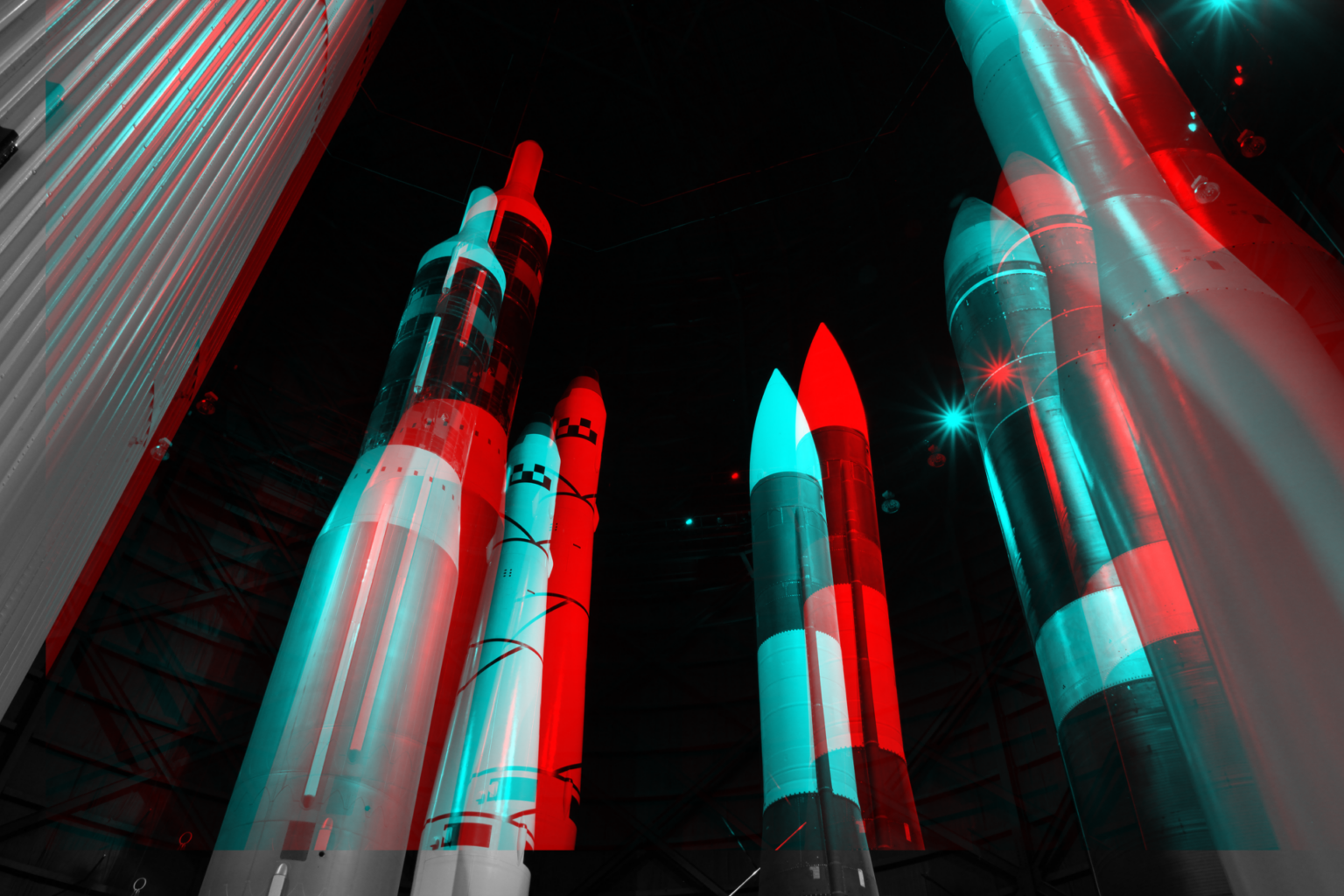A nivel global, el mundo experimentó un renovado interés en las armas nucleares a medida que los países buscaban formas de garantizar su seguridad en el contexto de crecientes tensiones globales. Temiendo que “Ucrania hoy pueda ser Asia mañana”. Los expertos expresaron su preocupación de que los países con armas nucleares sigan proliferando sus tecnologías y materiales nucleares en Medio Oriente y mas allá.
As we wrap up the year, one event—or rather a non-event—stands out: Russia has not used nuclear weapons in Ukraine. This is not a trivial outcome. One year ago, concerns among experts and officials over this possible scenario was at their highest, with repeated, thinly veiled threats to use them and Russia’s new policy to deploy nuclear weapons in Belarus. Prospects were so grim that UN Secretary-General António Guterres highlighted these nuclear concerns in opening his annual remarks to the United Nations General Assembly in New York.
That Russian President Vladimir Putin decided not to use nuclear weapons can be subject to different interpretations. His decision may have been based on moral concerns, fear of international backlash, or fear of uncontrollable escalation. But the decision could well also be the result of a sudden realization that nuclear weapons, practically speaking, have no military value on the battlefield.
Nearly two years into the war, however, the risk of nuclear weapon use in Ukraine cannot been dismissed completely: Russia continues to consider part of Ukraine as its own territory, and Russia’s nuclear doctrine states that it may use nuclear weapons to defend its territory. No one can know how the Kremlin would react should Ukraine make any breakthrough in these territories after the winter is over or if Russia’s economy of war starts to crack. And one fact is obvious: Both countries consider this war to be existential and have no intention of stopping the fight.
On the frontline, the situation at the six-reactor Zaporizhzhia nuclear power plant—Europe’s largest—remained critical. The embattled plant’s site continued to endure fire, structural damage, temporary losses of external power, and operator stress. Russia allegedly destroyed the Kakhovka dam, the plant’s cooling reservoir and a major source of water for drinking and irrigation, and experts feared for intentional sabotage on the plant itself. Meanwhile, analysts still had difficulty articulating clear protection measures against military attacks on nuclear reactors.
Globally, the world experienced renewed interests in nuclear weapons as countries looked for ways to ensure their security in the context of rising global tensions. Fearing that “Ukraine today may be Asia tomorrow,” some leaders in South Korea and Japan pressed the United States to reinforce its extended deterrence to Seoul and Tokyo. Pakistan continues to gradually expand its nuclear arsenal with more warheads, more delivery systems, and a growing fissile material production industry. And experts voiced concerns that nuclear-armed countries continue proliferating their nuclear technologies and materials in the Middle East and beyond. In the United States, a congressional commission has called for adding new nuclear capabilities to counter China’s growing nuclear arsenal—a strategy critics consider ineffective and potentially leading to a nuclear arms race.
On the diplomatic front, two major arms control treaties were all but scrapped this year, with Russia suspending its participation in New START (the US-Russian treaty that limits their deployed long-range nuclear forces) and revoking its ratification of the Comprehensive Nuclear-Test Ban Treaty (CTBT).
Despite these setbacks, the nuclear arms control and disarmament community has continued to confront nuclear proliferation and press the United States to engage in concrete nuclear arms control negotiations with China.
Here are six Bulletin nuclear stories that marked 2023—and that you should read.
Fuente: https://thebulletin.org


